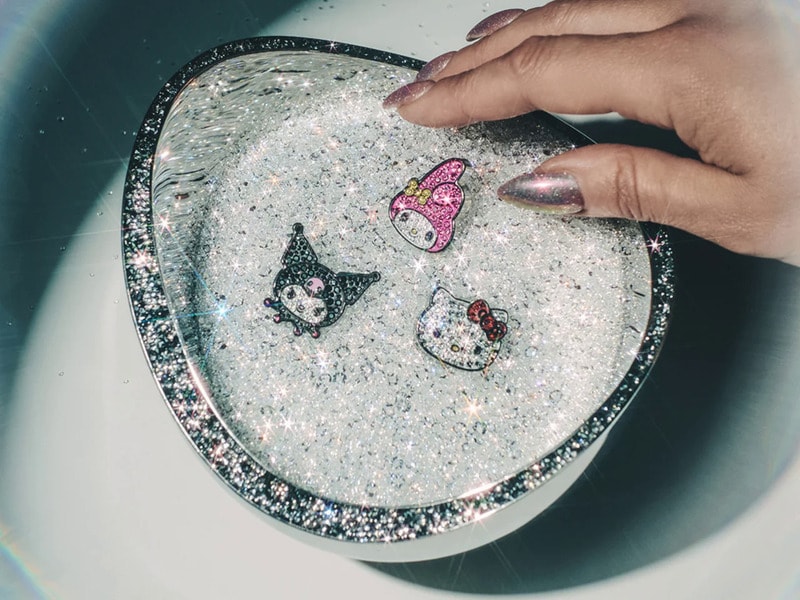FLASHBACK: Before Big Brother, Fuji House of Commotion ruled Nigerian airwaves
Before reality shows like Big Brother Naija dominated the screens, one sitcom held Nigerian households in a firm comedic grip, Fuji House of Commotion.
With its chaotic blend of family drama, polygamous tension, and unforgettable one-liners, the show that began airing in the late 1990s became a cultural staple. Thanks to the creative genius of the late Amaka Igwe.
It was rested around 2010.

If you’re Gen Z and missed it, Fuji House of Commotion was the original family drama before Big Brother and Instagram skits took over. It was loud and funny, with plenty of wahala like typical polygamous Nigerian homes.
If you’ve ever seen aunties argue in the kitchen or siblings fight over food, you’ve already lived a scene from the show.
If you’re feeling a bit lost, especially as a Gen Z reader, don’t worry. This article will provide context and guide you through what sparked this reflection.

The television series is a spin-off of the acclaimed 1990s soap opera ‘Checkmate.’
The sitcom features Kunle Bamtefa as Chief Fuji, the late Toun Oni as Mama Moji, Ngozi Nwosu as Peace, Louisa Onu as Ireti, Ireti Doyle as Caro, Jude Orhoha as Gbenro, John Njamah as Rabiu, and Chika Chukwu as Jumoke, among others.
The sitcom revolved around Chief Fuji, a wealthy man married to four wives and burdened with the responsibility of catering for numerous children.
In addition to his wives, Chief Fuji also maintained several girlfriends, further complicating his already chaotic household.
The comedy drew strength from the endless bickering, rivalries, and humorous confusion that naturally arose within such a large and diverse polygamous family. This scenario consistently raised the underlying question at the heart of the show.
The sitcom blended domestic squabbles, cultural nuances, and relatable everyday situations such as household chores, financial challenges, parenting, and social gatherings to offer a rich and entertaining narrative.
Chief Fuji was the patriarch who continually struggled to keep peace and order among his wives and children.
Among his wives was Mama Moji, known for her strong-willed nature and active role in family affairs. Peace, another Chief Fuji’s wife, was distinguished by her lively and often dramatic personality.
Ireti, initially portrayed by Louisa Onu and later by the late Sola Onayiga, became famous for her practical yet domineering approach to catering and her commanding presence in the kitchen.
Caro, one of Chief Fuji’s girlfriends, frequently sought his attention and approval, often stirring additional drama within the family.
The sitcom also followed the antics of Chief Fuji’s children. Gbenro was regularly caught up in mischief and schemes, while Rabiu often served as a voice of reason or a willing accomplice in their adventures.
Jumoke, another of Chief Fuji’s children, is featured in the family’s lively escapades.
Fuji House of Commotion delved into themes deeply rooted in Nigerian society, particularly focusing on polygamy, family dynamics, cultural nuances, and the intricacies of everyday life.
The sitcom portrayed the challenges, humour, and occasional emotional complexities of managing a polygamous household through the experiences of Chief Fuji’s family.
The show consistently found humour in relatable daily scenarios, disputes over household chores, money, relationships, and child upbringing, offering viewers a comedic reflection of real-life family situations.
Some of the most memorable episodes include the one where Ireti, Peace, Mama Moji, and the children decided to move into ‘Aso Rock’ with Ireti and Chief Fuji. Another fan-favourite featured the infamous ‘kitchen practical’, where ‘Osramo Branus Mangus’ was hilariously prepared for the family.
There was also the classic episode where Mama Moji and Peaceful Peace took the art of throwing shade to new heights.
In another unforgettable moment, Peace showed viewers the bittersweet reality of preparing for a night out with her partner, only to be stood up, demonstrating the most graceful way to handle such disappointment.
Perhaps one of the most hilarious storylines was when the Academic Staff Union of Universities (ASUU) went on strike, prompting the Chief’s children to return home, stage their strike, and lock their parents out of the house for four days.











